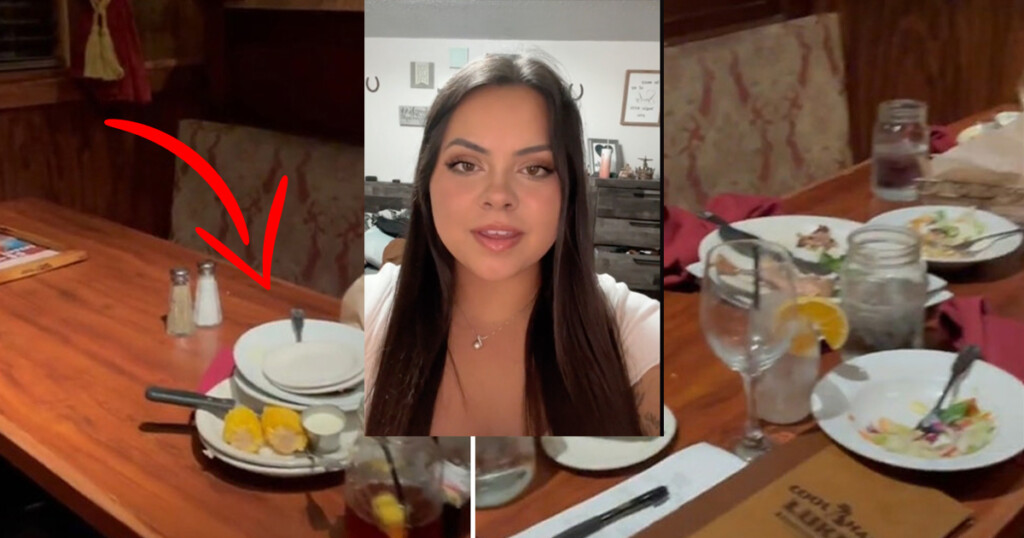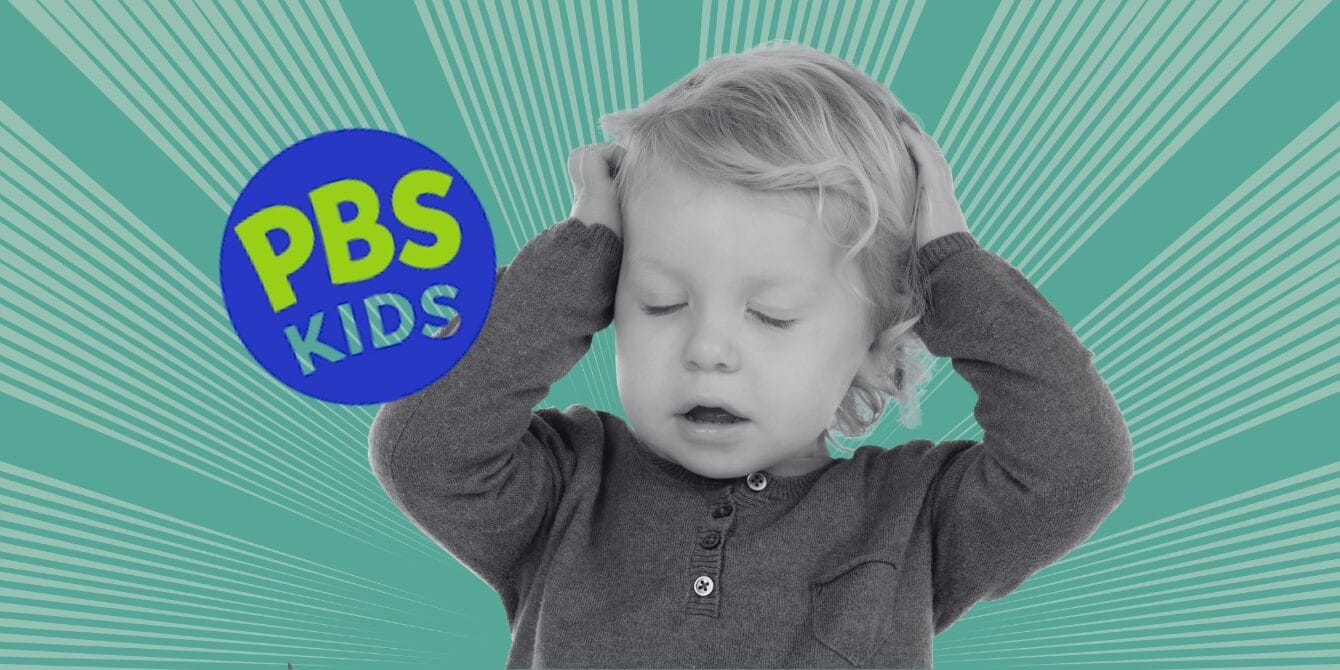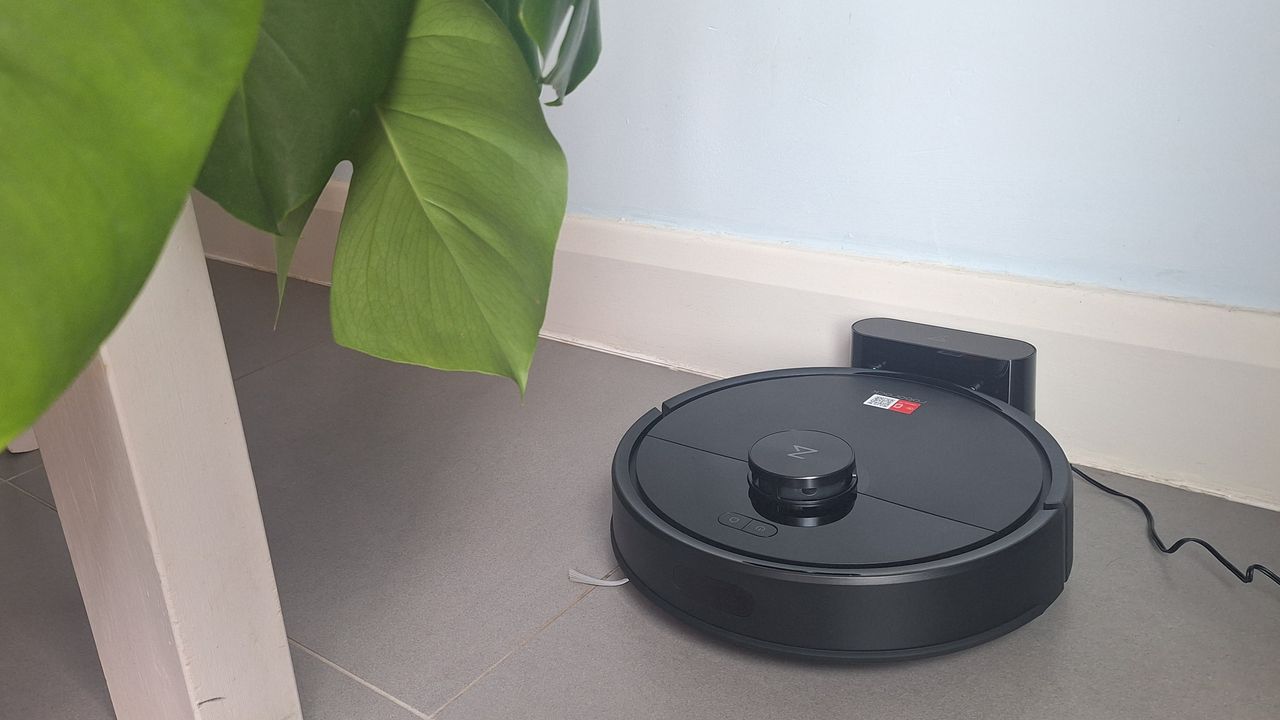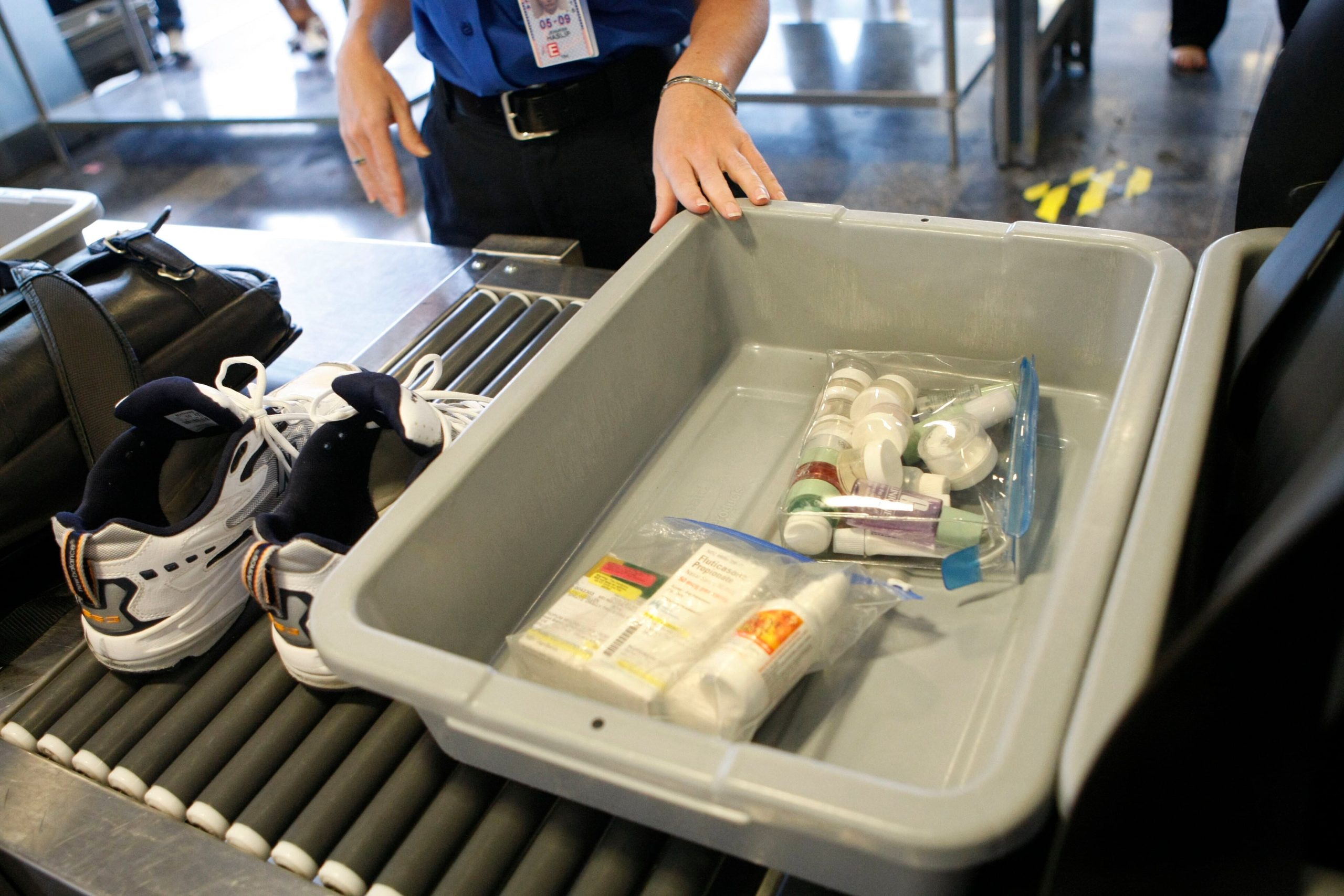
PBS Kids: A Trusted Screen Time Tool at Risk

The Future of PBS Kids Under Threat as Senate Approves Funding Cuts
Families across the United States are facing a potential setback as the Senate recently approved significant cuts to public media funding. This decision casts a shadow over the future of PBS Kids, a trusted and valuable resource for children’s education and development. For many parents, PBS Kids represents a safe haven in the often-turbulent waters of children’s screen time, offering research-backed, accessible, and commercial-free programming.
Now, the bill is in the hands of the House of Representatives, where its fate will be decided. The implications of this vote are far-reaching, impacting not only the availability of educational content but also the broader landscape of early childhood development.
Why PBS Kids Matters: More Than Just Screen Time
In an era dominated by digital devices, families are constantly navigating the complexities of screen time for their children. While screens are ubiquitous, quality content is not. PBS Kids has long stood out as a reliable platform that parents can trust, built upon decades of educational research and a deep commitment to inclusive storytelling.
PBS Kids programming focuses on how children learn and who they are as learners. The proposed funding cuts threaten this vital resource, which many families depend on for connection, learning, and opportunities that are not readily available elsewhere.
Details of the Proposed Cuts
The Senate’s action involved the passage of a $9 billion rescissions package. Within this package is a $1.1 billion cut to the Corporation for Public Broadcasting (CPB), the entity that provides funding for both PBS and NPR.
The funding at risk had already been approved through a bipartisan agreement for the next two years. The cost to taxpayers for this funding amounts to approximately $1.60 per taxpayer per year – a small price to pay for the educational and developmental benefits that PBS provides to millions of households.
Despite the relatively low cost and the demonstrated value of PBS, political pressures have led to this potential defunding. While some Republicans, such as Senators Susan Collins and Lisa Murkowski, opposed the bill due to the importance of PBS in their rural states, the bill ultimately passed the Senate.
Paula Kerger, President and CEO of PBS, emphasized the potential impact of these cuts, particularly on smaller stations serving rural areas. She affirmed PBS’s commitment to fighting for the preservation of essential services provided to the American public.
Potential Consequences if the Bill Passes
If the bill becomes law, the consequences for families could be significant:
- Loss of Local PBS Stations: Many local PBS stations, especially those in rural and low-income areas, rely heavily on federal funding. Without this support, these stations may be forced to shut down or drastically reduce their services.
- Reduced Access to Free Content: Families without cable or internet access depend on over-the-air PBS Kids programming. The funding cuts could limit or eliminate this free access, further widening the educational gap.
- Elimination of the Ready to Learn Grant: This grant supports early childhood education, inclusive character development, and outreach programs designed to bridge learning gaps in under-resourced communities. Its elimination would disproportionately affect vulnerable children.
The impact of these cuts would not be felt equally across all communities. Children with the fewest resources and options would be the most affected, exacerbating existing inequalities in access to quality education.
What Sets PBS Kids Apart?
PBS Kids is uniquely designed as a public service, prioritizing educational value over commercial interests. Every show is rooted in research and carefully crafted to support children’s learning and development. This contrasts sharply with commercial content, which often prioritizes watch time, click-through rates, and merchandise sales.
The research consistently demonstrates the effectiveness of PBS Kids programming in promoting children’s learning, empathy, and emotional growth.
- Daniel Tiger’s Neighborhood: Studies have shown that children who watch this program exhibit greater empathy, are better at identifying emotions, and are more likely to use emotional regulation strategies in real-life situations.
- Molly of Denali: This groundbreaking show features an Alaska Native lead character, providing important representation and resonating with children both within and beyond Native communities.
- Peg + Cat and Super Why!: These shows have been proven to help children develop early math and literacy skills, especially when parents engage with the content alongside their children.
Beyond its on-screen programming, PBS partners with educators to develop classroom resources, conducts outreach programs in rural and low-income areas, and ensures that children without access to broadband or tablets are not left behind.
The Stakes for Families: More Than Just Entertainment
For many families, PBS is not simply a source of entertainment; it is a critical resource for early education. In some areas, it may be the only preschool option available.
As Dr. Marcy Drew, Director of Education at South Dakota Public Broadcasting, explained, PBS may be the only form of preschool education accessible to some children, particularly those in areas with limited internet access, childcare options, or state-funded pre-K programs.
Moreover, PBS provides crucial representation for children from diverse backgrounds. Seeing themselves reflected on screen can make learning more engaging and meaningful. When Molly of Denali premiered, Alaska Native children expressed feeling seen and understood for the first time.
PBS Kids reaches millions of households that lack the resources to stream content, subscribe to services, or purchase digital learning apps. The potential loss of federal funding threatens to dismantle this trusted pipeline, leaving countless children without access to vital educational resources.
How to Take Action
Parents who value PBS Kids and its impact on their children’s lives can take action to advocate for its continued funding:
- Contact Lawmakers: Reach out to your representatives in Congress via email or phone, urging them to oppose the Rescissions Act and protect funding for public broadcasting.
- Share Your Story: Share personal experiences and anecdotes about how PBS Kids has positively impacted your child’s learning, growth, or well-being.
- Engage on Social Media: Use social media platforms to raise awareness about the potential consequences of the funding cuts and encourage others to take action.
Every voice counts, especially when it comes from parents who understand the value of PBS Kids and the importance of ensuring that all children have access to quality educational resources.
Protecting Every Child’s Right to Learn and Grow
PBS Kids has a long history of helping children develop essential skills, build empathy, and explore new ideas. It is a vital resource that deserves to be protected. By contacting lawmakers, sharing your story, and engaging on social media, you can help ensure that every child has the opportunity to learn, grow, and feel seen.






